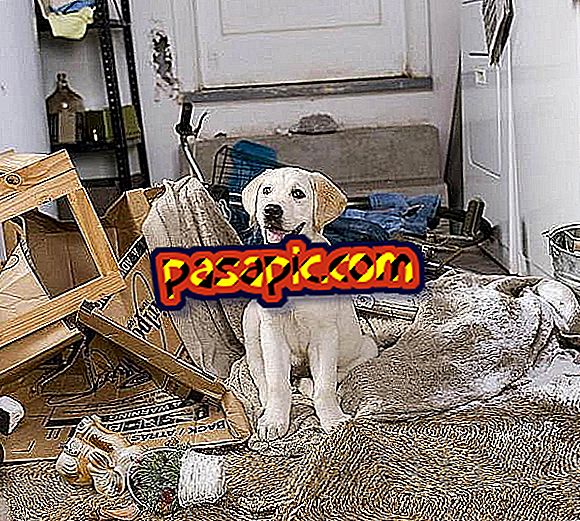How to close a company for retirement

The closure of a company is not always due to economic causes, but may be due to the retirement of the employer . In this way, a company can be closed by: early retirement of the employer or retirement of the employer. The person who wants to retire and close his company may have been constituted as: individual entrepreneur or business corporation. If you are in any of these cases, in .com we explain how to close a company for retirement .
How does an individual entrepreneur close a retirement account?
The individual entrepreneur or self-employed worker may cease his business activity once he has reached the legal retirement age and has quoted the legal minimum to obtain the pension. In order for the individual entrepreneur to close his business he has to:
- Liquidate the debts you have assumed at that time.
- Liquidate the assets you have in your name.
- Dismiss the workers in your charge.
- Communicate the situation of retired to Social Security.
The individual entrepreneur can choose to transfer the business instead of closing it. In this case, the business would not be closed, but the individual entrepreneur who wants to retire would cease to be the owner and worker of the business. In this way, he could notify Social Security of his dismissal as a worker and subsequent retirement without incurring the incompatibility of being a worker and retired at the same time.
In this case it is not necessary to liquidate assets or debts. Nor is it necessary to dismiss any worker who is in charge or pay any compensation.
How to close a mercantile society for retirement?
The law contemplates the possibility of dissolving a company due to the cessation of business activity. In this way, the employer who wants to retire and close the company can do so through the normal process of dissolution and liquidation of the company:
- In order to dissolve a company, it is necessary to call a General Meeting that approves the dissolution of the company.
- Once the liquidation of the company has begun, the assets of the company must be valued.
- You have to try to pay the existing debts with the assets that the company owns.
- Once the company has settled all the debts, the closing of the company can be registered in the Mercantile Registry.
- The employer who wants to retire must communicate to the Social Security his dismissal as a worker.
- Once retired, the employer can not re-develop a job and collect the pension at the same time.
As with the individual entrepreneur, the owner of a commercial company can transmit it without the need for the company to close. In this way, the company could continue with the economic activity it develops and it would not be necessary to dismiss the workers who belong to the company. Nor would it be necessary to start a period of dissolution and liquidation of the company.
Special consideration: the case of the shares or participations
The owner of the company may hold its shares (SL) or shares (SA). This fact is not incompatible with the collection of the retirement pension, since it does not prevent the retired person from owning shares or shares of a mercantile company.
In any case, what the law prohibits is that the owner of the shares or business interests develops any activity within the company.
Thus, if the owner of the shares or participations is the company's administrator at the time of starting retirement, he must leave the position of administrator since he can not carry out any work for the company. It is allowed, however, to develop the typical tasks established as the owner of the company's shares. Thus, it could continue attending the General Meetings convened by the company and vote on the agreements established by the Board. These are typical management tasks.


